There are some really easy changes you can make to your meals to maximise the health benefits they give you.
Here are 7 simple (yet powerful) ways to make a significant difference in your overall well-being as written by a nutritionist of 20+ years.
1. Make as Much of It as You Can at Home
My favourite food writer, Michael Pollen, says “Eat anything you want, just cook it yourself.“
I agree with him, when you cook food at home, you get to control the ingredients and can avoid unnecessary additives and preservatives often found in processed foods.
Home-cooking is infinitesimally better than eating anything highly processed-like most convenience food.
Not sure if you have seen the ingredients list on a packet of store bought sushi – but its a great example of the change you make by cooking food at home. The store bought version usually contain at least 20 ingredients for say a salmon and cucumber roll – when you make it at home, it will have at most 7, all natural ingredients.
You also get to control the type of fats you use, most commercially made food is produced with crappy oils that are bad for your health…when you cook at home you get to choose. So choose Cold pressed, extra virgin olive oil every time.
2. Have Something Raw
In our home there is something raw with every meal – its called salad.
Vegetables in their raw state are rich in enzymes which are used as catalysts in nearly every bodily function.
Raw food also contains nutrients that can be diminished during cooking, as well as beneficial microbes that support gut health.
Take it to the next level by adding a splash of raw apple cider vinegar to your salad not only enhances flavour but also adds probiotics that aid digestion.
3. Don’t Eat Too Much
The Japanese have a practice called Hara Hachi Bu; its loosely translated to mean “stop eating when you are 80% full.”
Conscious mindful eating is essential for maintaining a healthy weight and preventing overeating.
Consuming food in moderation helps control total caloric intake and supports weight loss.
It’s important to listen to your body’s hunger and fullness signals.
Eating slowly and savouring each bite can help you recognize when you’re satisfied, reducing the likelihood of overeating.
4. Rainbow of Foods
This has to be one of the simplest visual cues to eating better…is your plate full of colourful food?
By eating a variety of colourful fruits and vegetables ensures you get a wide range of nutrients.
Each colour represents different vitamins, minerals, and antioxidants that contribute to overall health.
Red foods like tomatoes, strawberries, and red peppers are rich in lycopene and anthocyanins, which are powerful antioxidants that support heart health and may reduce the risk of certain cancers.
Orange and yellow foods, such as carrots, sweet potatoes, and oranges, are packed with beta-carotene and vitamin C, which boost immune function and promote healthy skin and vision.
Green foods, including spinach, broccoli, and kale, contain chlorophyll, fibre, and essential vitamins that support detoxification and overall wellness.
Purple and blue foods like blueberries, eggplants, and grapes are high in anthocyanins, which have anti-inflammatory properties and can help protect against cardiovascular diseases.
5. Whole Foods
Always choose whole foods, they are minimally processed and closest to their natural state, providing the highest nutritional value.
They are free from added sugars, preservatives, and unhealthy fats found in many processed foods.
They are also recognised by our bodies as food because they are what we have eaten for thousands of years.
Incorporating whole grains, lean proteins, fresh fruits, and vegetables into your diet can improve your health and reduce the risk of chronic diseases.
6. Include Herbs and Spices
Herbs and spices are such an easy way to elevate your health and enhance the flavour of your meals.
Highly regarded throughout time, herbs and spices can have such a profound effect on the body even in minute amounts.
Turmeric is a well known anti-inflammatory and cinnamon can help regulate blood sugar levels, rosemary is great for the mind, and parsley is super high in Vitamin K.
Adding herbs and spices to your diet can help improve your gut microbiome which improves immunity, digestion and overall wellbeing.
7. Eat Together
Sharing meals with family and friends can have profound effects on your health and well-being.
Studies have shown that eating together promotes healthier eating habits, improves mental health, and enhances social connections.
It can also contribute to longevity.
The sense of community and support that comes from eating together fosters a positive relationship with food and encourages mindful eating practices.
Make it a big deal every night-set the table, sit together, laugh and eat together.


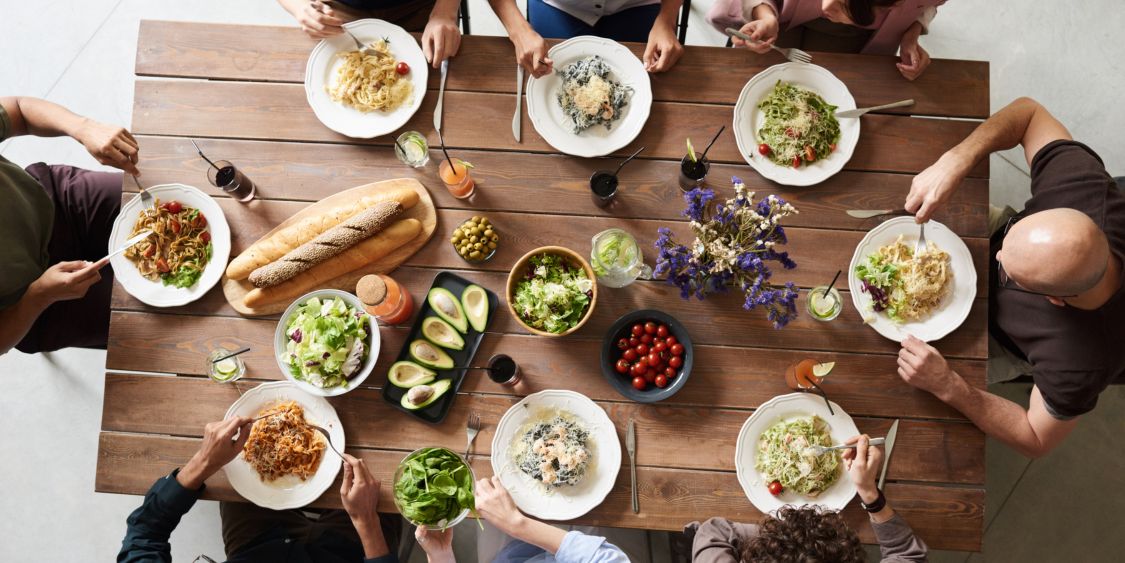


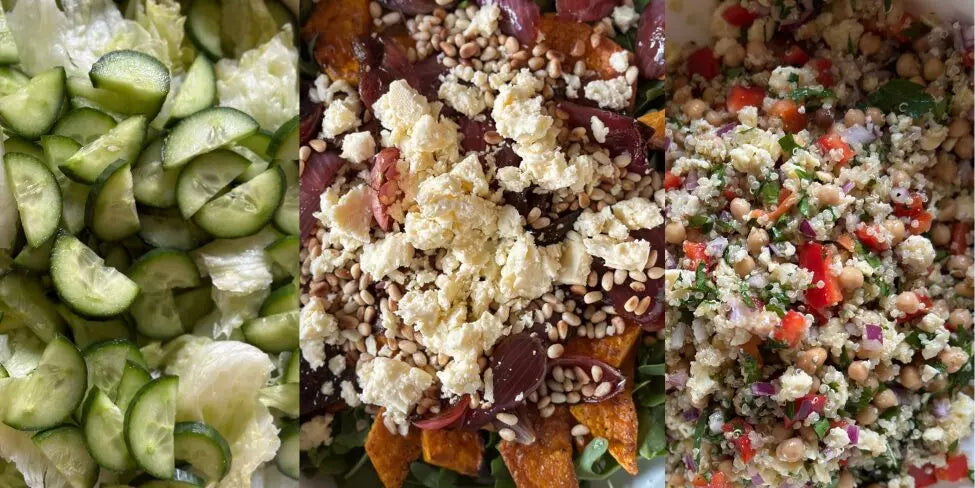
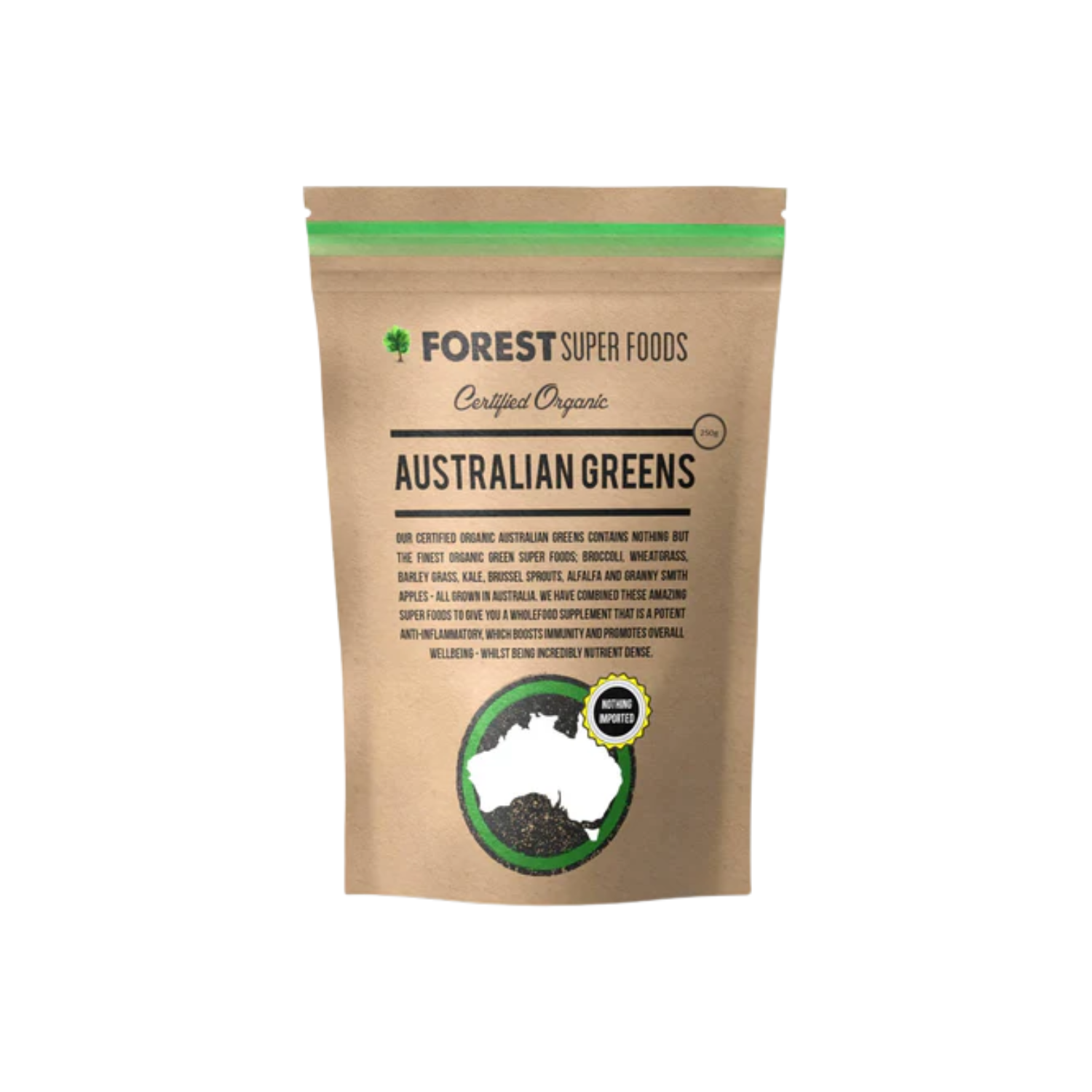
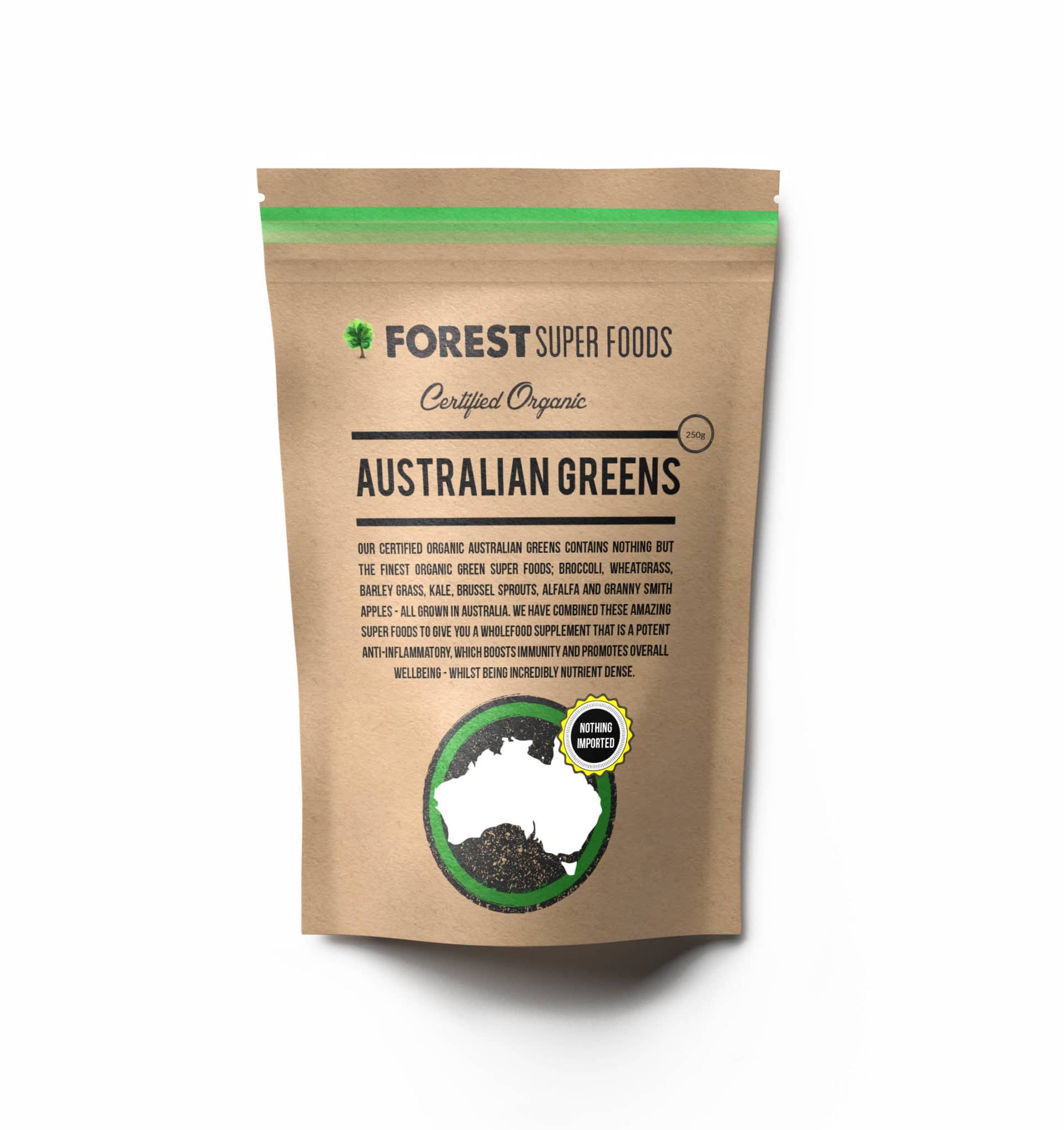
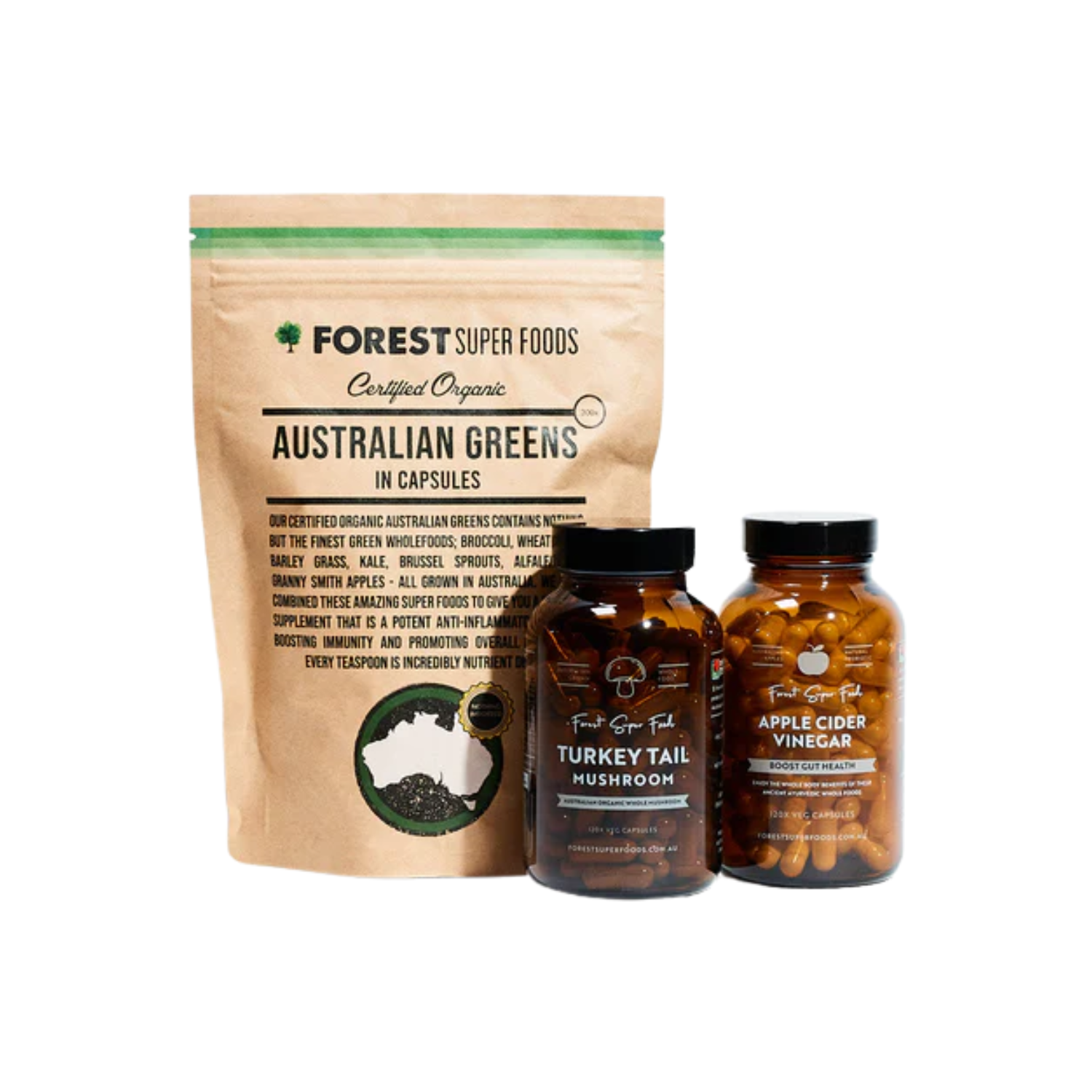
Leave a comment
All comments are moderated before being published.
This site is protected by hCaptcha and the hCaptcha Privacy Policy and Terms of Service apply.